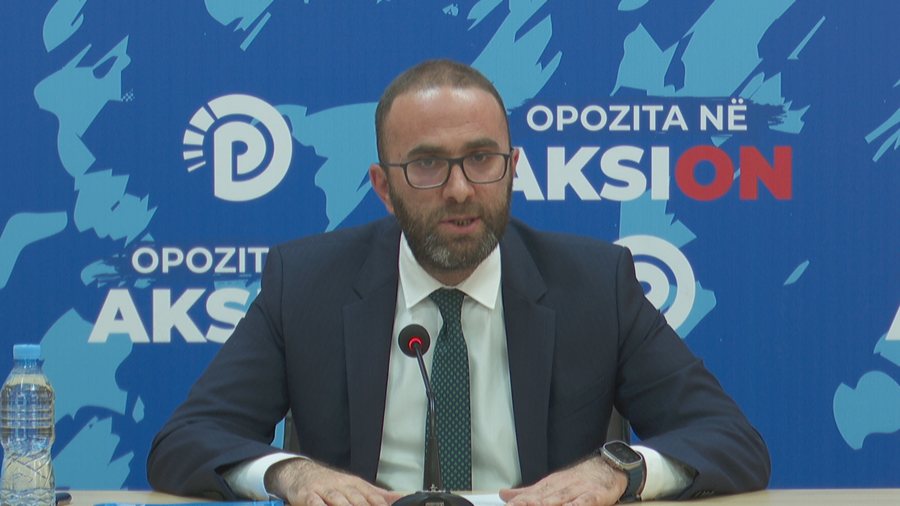
The Chairman of the Parliamentary Group of the Democratic Party, Gazment Bardhi, has raised concerns in the Stabilization and Association Parliamentary Committee about what he described as the electoral farce of May 11.
During his speech, Bardhi emphasized that the elections took place in a climate where none of the OSCE-ODIHR findings or recommendations have been reflected for 12 years, writes A2 CNN.
He added that in the May 11 elections there is a regression and violation of the fundamental principle of elections; freedom and equality in elections.
Full speech:
Dear colleagues,
Albania opened negotiations, in a process that brings together the majority and the opposition. What divides us is whether this process will be a process that makes Albania like Europe, or whether we will turn a blind eye as Albania takes steps back in the minimum standards of a democratic state.
On May 11, Albania held general parliamentary elections, in a climate where none of the OSCE-ODIHR findings or recommendations for elections in Albania have been reflected for 12 years. This means that from one electoral process to another, Albania is only taking steps backwards.
I will not speak here today as a witness to that process. I will not speak with the language of the opposition, but with the findings, language and conclusions of the OSCE-ODIHR preliminary report. There is no progress, there are no standards, there is regression and violation of the fundamental principle of elections; freedom and equality in elections.
The OSCE-ODIHR Preliminary Report states:
1. The 2025 parliamentary elections were held in a highly politicized environment, where contestants did not enjoy equal opportunities. The opportunities for competition were not equal. The ruling party benefited from extensive use of state resources and institutional capacities, including the announcement shortly before election day of the forgiveness of a large number of fines, and senior government officials engaged in a large number of official activities that often coincided with campaign messages, blurring the line between state and party. There were allegations of pressure on public administration employees, cases of intimidation of opposition supporters, and the use of patronage networks, which are contrary to international standards. Other issues of concern include reports of vote buying and selling, attempts to unfairly influence marginalized voters, and allegations of criminal elements in some political parties.
2. Candidates reported facing intimidation.
3. The concentration of media ownership, which undermines the plurality of news sources, together with self-censorship among journalists, limited voters' opportunities to make an informed choice.
4. Several third-party accounts reportedly used coordinated inauthentic behavior on online platforms to amplify attacks on the opposition. The government's ban on the TikTok platform since March 6 limited the campaigning opportunities of some candidates.
5. Several ODIHR EOM interviews raised questions regarding the effectiveness of the police in addressing election crimes and the effectiveness of efforts against politically-related organized crime.
6. Election day…was widely criticized, mainly due to procedural shortcomings and a level of pressure on voters. Serious irregularities noted included a significant number of incidents of intimidation and interference of observers and party representatives in the process, voter influence, and allegations of vote-buying. In addition, the secrecy of the vote was often compromised due to the way polling stations were organized, overcrowding, and interference.”
I have consulted the OSCE-ODIHR reports on EU member states or EU candidate countries during these days. Nowhere do I find that the OSCE-ODIHR calls into question freedom and equality in elections. There has only been one report similar to that of Albania 2025, but even that one with many times fewer problems, is the Report on the 2023 elections in Serbia. I think that Albania should not approach or exceed the standards of elections in Serbia, but it should approach and exceed the standards of elections in European Union countries. There can be no progress in the fight against corruption, nor in the fight against organized crime, nor in other fundamental sectors, without guaranteeing free and fair elections. (A2 Televizion)











